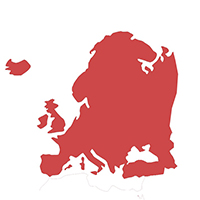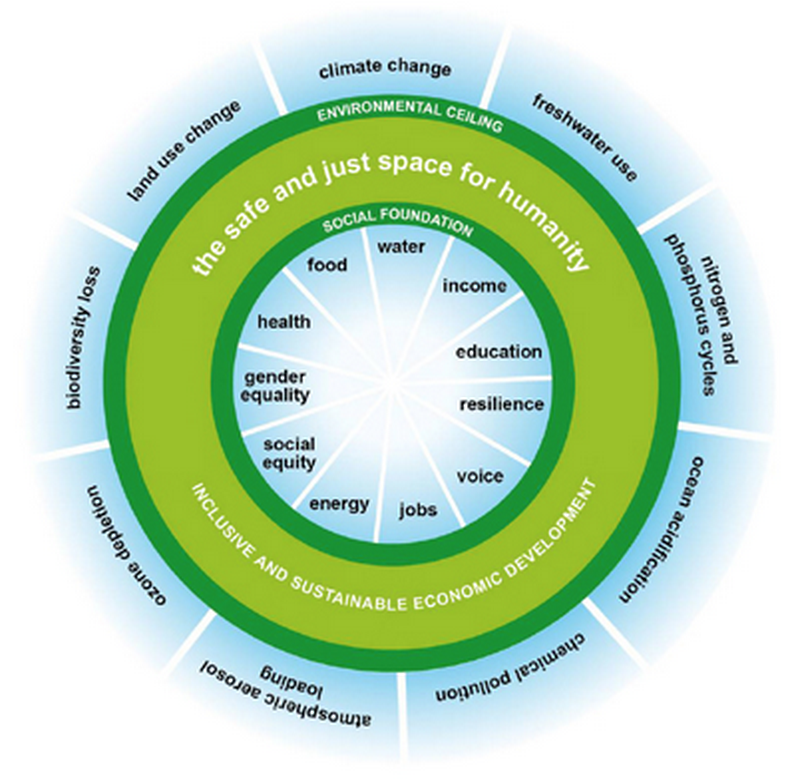The destructive power of climate change is showcased pervasively. A wave of cyclones in March 2015 devastated Vanuatu and other Pacific islands. The recent drought in south-eastern Brazil is the most severe the country has experienced in 80 years. For the UK, the winter of 2014 was the wettest in their 250-year record causing extreme flooding across the country. Climate change is set to devastate, and we are reminded of this all too frequently.
If we are to avoid the seemingly inevitable climate catastrophe, we need more than evidence of destruction. We need a vision of what could be, given the right individual, collective and legislative choices.
In late March in London, over a thousand gathered for an event inspired by Naomi Klein‘s latest book ‘This Changes Everything’. The day brought together students and grandmas, activists and academics, experts and enthusiasts; all in search of a vision towards which we can aspire. Recognising that the most fruitful ideas emerge from collaboration and dialogue, the event’s workshops stimulated discussion about what shape this new vision should take and the best strategies for getting there.
Climate change is often presented as a burden. Political narratives frame the allocation of resources to addressing climate change as, first and foremost, a costly strain on the economy. Klein is working to shatter this idea having explained that:
Environmental action should not be a bourgeois luxury reserved for times of economic prosperity. Rather, tackling climate change can simultaneously be the solution to economic stagnation, mass unemployment and unfathomable inequality.
The current hegemonic vision of perpetual economic growth is outdated, uninspiring and, quite frankly, boring. Given that we live on a planet of finite resources, it is also completely irrational. A 0.01% increase in national gross domestic product is impossible to relate to. Instead, the majority of people wish for more time to spend with their family and friends, improved physical and mental health and a state of being ignored by mainstream economics: happiness.
Thankfully, the search for a vision which addresses climate change and presents an alternative to perpetual economic growth does not have to start from a blank slate. An overwhelming number of people and initiatives around the world are already committed to designing and realising such a vision. Ranging from Natalie Bennett, leader of the British Green Party, to Russell Brand, participants of the ‘This Changes Everything’ event certainly conveyed the sense of existing positive energy and action.
Kate Raworth, a leading thinker on re-writing economics to deal with the problems of the 21st century, offers a visually powerful tool with ‘Doughnut Economics‘. It outlines a global vision that everyone should live within the green space: above the social foundation, which includes food, jobs and education and below the environmental ceiling, which takes into account the nine planetary boundaries, one of which is climate change. Think of it as an advanced and ecologically minded Maslow’s hierarchy of needs.
Moving into this ‘green space’ may seem abstract, but this shift is already happening. Germany, for instance, is in the middle of a renewable energy revolution: more than 800 renewable energy cooperatives have been established throughout Germany to generate community owned clean energy in the past few years. This set-up empowers and equalises communities whilst reducing carbon emissions, demonstrating the power of a combined socio-ecological vision and has led to 27 per cent of total electricity consumption now being generated by renewable energy sources.
There are no universal solutions, but there are an abundance of options for how we can secure a better future for the majority of the world’s burgeoning population. As well as renewable energy cooperatives, free public transit systems such as the one introduced in 2013 in Tallinn, Estonia offer a way to conquer both socio-economic and environmental problems. The One Million Climate Jobs campaign seeks to address mass unemployment and climate change by creating jobs in renewable energy, energy efficiency and other associated green sectors. In order to imagine and implement more desirable visions we must learn from successful examples, which are plentiful if you care to look for them.
Having a vision will become increasingly important in the run up to the UN climate change negotiations in Paris later this year. As governments prepare to negotiate a global climate deal, they must be presented with a positive vision that will only be attained if they secure a strict climate deal. This would include commitments to containing warming below 2ᵒC, transitioning to low carbon economies and financing adaptations to climate change in the most vulnerable countries.
Without a vision, we are unlikely to achieve anything beyond mediocre. Rather than being consumed by the threat of climate change, we can see climate change as an opportunity to transform our socio-economic systems for the better. Individually and collectively, we must decide which values the new vision must encapsulate. Our vision should be bold and beautiful. We only have one planet and our time on this planet is limited, so why should we settle for mediocre?














comment